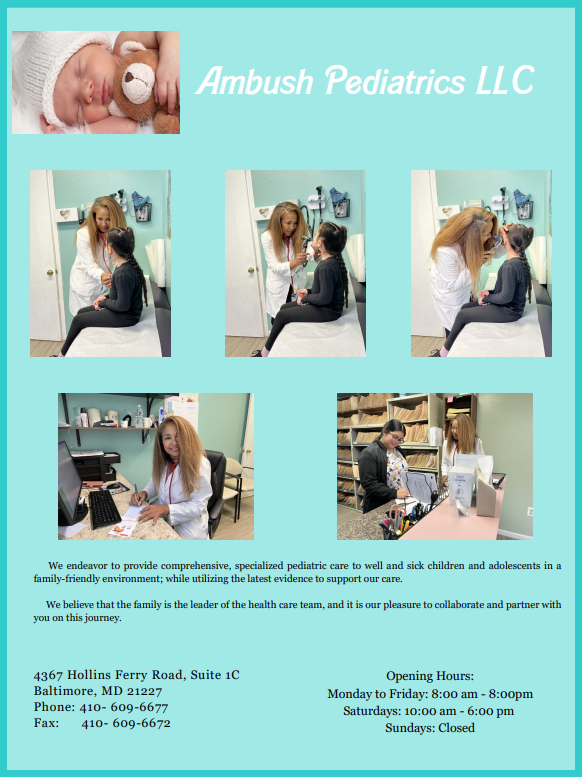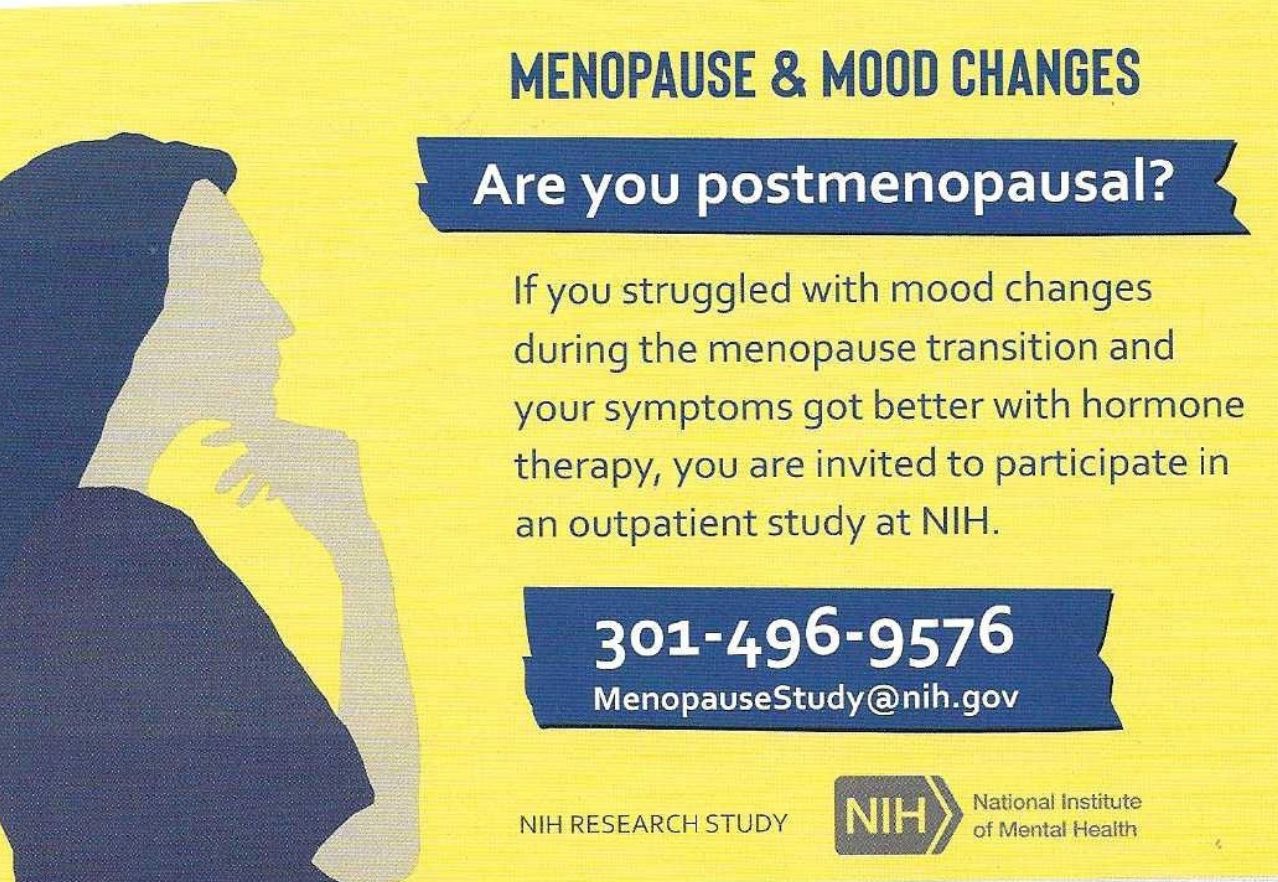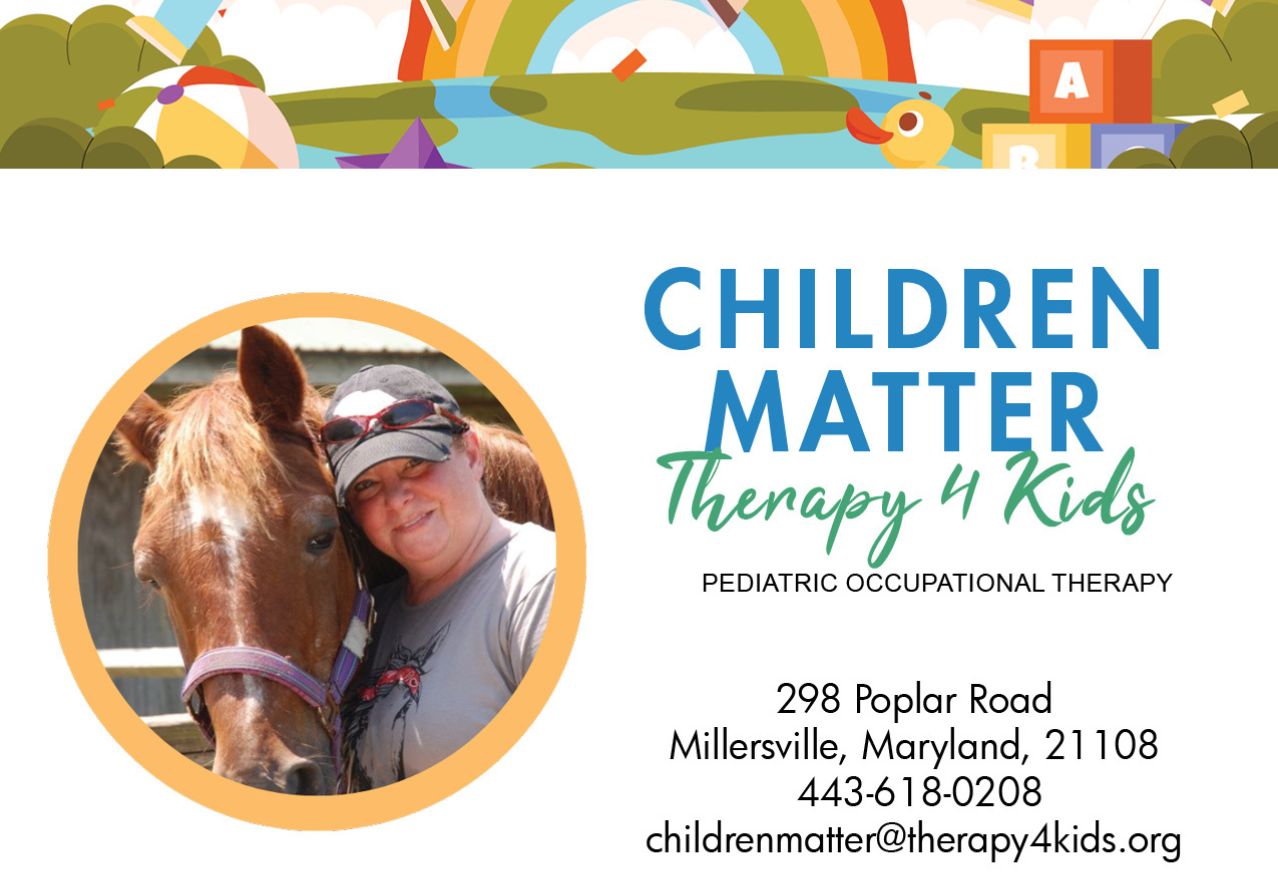The 25+ Most Positive & Hopeful Family Court Reform Moments of 2022
“For many of us, it’s not accurate to say that we are victims-survivors of domestic violence; the truth is, we are also victims-survivors of family court. But the collective trauma and injustice we have experienced have brought us together, and our global solidarity is a powerful force the world is just starting to see.” — Anonymous

We’re taking a look back at some of the most impactful Family Court reform news stories and moments from 2022 (there are many more), which we believe was one of the most important years in this movement’s history to date.
This year’s momentum is a continuation of the global efforts in 2021 built upon the foundation of decades of tenacious advocacy and research by so many incredible humans. Folks can no longer pretend they don’t know our family legal system presents a global human rights crisis like they have been doing for over 20 years now (and maybe since the dawn of our civilization).
Indicators show that 2023 will be the year everything changes. Here’s a look back at an incredible year of impact and a glimpse of the potential to come.

1. Angelina Jolie’s Speech at the Violence Against Women Act (VAWA) Press Conference:
The words of Angelina Jolie during the Violence Against Women Act press conference on February 9, 2022, summed up the helplessness that so many women throughout the world feel when they are failed by the systems that claim to protect them and many domestic violence/family court victims-survivors felt seen for the very first time in history.
“Standing here, at the center of our nation’s power, I can think only of everyone who’s been made to feel powerless by their abusers, by a system that fails to protect them,” Jolie began. “Parents whose children have been murdered by an abusive partner, women who suffer domestic violence yet are not believed, children who have suffered life-altering trauma and post-traumatic stress at the hands of people closest to them. Anyone who’s been in those situations will tell you just how far they feel from the power concentrated here in this building — the power to pass laws that might have prevented their pain the first place.”
“As survivors of abuse know all too well, victims of our failed systems are not allowed to be angry,” Jolie went on. “You’re supposed to be calm, patient, and ask nicely. — But you try staying calm when it’s as if someone is holding your head underwater and you’re drowning. Try to stay calm when you’re witnessing someone you love being harmed.” Watch Angelina Jolie’s Full Speech
Angelina Jolie Delivered an Emotional Speech on the Violence Against Women Act, Story by Steph Eckardt, W Magazine

2. National Safe Parents Organization (NSPO) was formed and launched its first campaign
January 2022 — National Safe Parents Organization (NSPO), a coalition of more than 100,000 safe parents and family court reform advocates across the U.S., launches its first national legislative action campaign to advocate for the inclusion of the child safety first provision “Kayden’s Law” in VAWA (Violence Against Women Act). As VAWA talks were in their final days early this year, domestic abuse advocates spoke out to ensure children’s safety is prioritized and addressed during family court custody proceedings. The National Safe Parents Organization is now working with thousands of advocates across the country to ensure that The Keeping Children Safe From Family Violence Act (AKA Kayden’s Law in the Violence Against Women’s Act 2022) is enacted in all 50 U.S. states.

3. Emma Katz’s New Ground-Breaking Book: “Coercive Control in Children’s and Mothers’ Lives was published
“A must-read for every protective mother who is seeking to transform her trauma into #healing and peace for her and her children. This book is pure hope backed by a tangible way forward that many have been seeking.” — Custody Peace
July 29, 2022 — Drawing on interviews with children and mothers who have experienced coercive control-based domestic violence, this groundbreaking book sheds light on the impacts of coercive control on children, how it is perpetrators who must be held accountable for those impacts, and how resistance by children and mothers occurs. Resistance happens in everyday life, not just in response to incidents of violence. Breaking free from coercive control is not a one-off event but a sustained battle for safety and recovery in which child and adult survivors need support and professional interventions that work. Written accessibly for students, researchers, practitioners, survivors of domestic violence, and anyone with a general interest in the topic, the book provides a child-centered perspective to revolutionize our understanding of how children are affected by coercive control-based domestic violence.
The first print run sold out in pre-orders, and the book is now in its second print run. A chapter from the book is free to read in January. The free chapter spells out how coercively controlling fathers directly harm their children.
The most disturbing part of coercive control, as Emma Katz describes in her new book, is that “most anything the perpetrator does to the adult victim-survivor will be directly harming the child victims-survivors too, and the perpetrator is the one responsible for those harms to the children.”
“In a pioneering work that shows that children are subjected to the same abusive tactics as their mothers, she applies the new paradigm of coercive control to amazing effect, evoking the voices of women and children to identify the multiple forms of harm inflicted, the tactics perpetrators use to co-opt or weaponize children, how children resist and how some women break free. The book depicts a disturbing reality. But the ultimate message of survival against adversity is uplifting. This book will change how we understand and respond to children’s experience of woman abuse.” — Evan Stark, PhD, MSW, Author of Coercive Control and Professor Emeritus, Rutgers University, New Jersey. Learn more

4. Two official recommendations against the concept of parental alienation and the Brazilian Parental Alienation Law are issued
In February and March 2022, the National Council of Health and the National Council of Human Rights, respectively, issued recommendations demanding health and legal professionals not to use the concept of parental alienation or any variations of such concept as well as the repeal of the parental alienation. The Federal Council of Social Assistance publishes the guidelines against the concept of parental alienation and in favor of the repeal of the Parental Alienation Law.
The Entity responsible for guiding social workers nationwide issues the guidelines concerning the orientation of social workers regarding the problems with the use of the concept of parental alienation and officially joining forces in the fight for the repeal of the Parental Alienation Law.
- The Brazilian National Council of Health recommendations (Issued February 13, 2022)
- The Brazilian National Council of Human Rights recommendations (
Issued: March 19, 2022)

5. UN Commission on the Status of Women Pushes Against “Parental Alienation”
March 18, 2022 — The sixty-sixth session of the Commission on the Status of Women (CSW) held a panel yesterday morning aimed at openly denouncing the use of the pseudo-regressive theory of “parental alienation” (PA) in legal proceedings. Several legal and academic experts exposed to an international audience the systemic problem that plagues courts worldwide and seriously harms the protection of children and their rights in custody cases. Full Story by Eleonora Francica

6. The “Keeping Children Safe From Family Violence Act” (AKA Kayden’s Law) is Passed by U.S. Congress as part of the Violence Against Women’s Act Reauthorization
Mar 9, 2022 —U.S. Congress Federally passed The Keeping Children Safe From Family Violence Act or “Kayden’s Law” in The Violence Against Women Act (aka VAWA) Reauthorization of 2022:
“The Keeping Children Safe From Family Violence Act” incentivizes U.S. states to ensure that their child custody laws adequately protect at-risk children by:
1. Restricting expert testimony to only those who are appropriately qualified to provide it.
Evidence from court-appointed or outside professionals regarding alleged abuse may be admitted only when the professional possesses demonstrated expertise and experience in working with victims of domestic violence or child abuse, including child sexual abuse.
2. Limiting the use of reunification camps and therapies which cannot be proven to be safe and effective.
No “reunification treatment” may be ordered by the court without scientifically valid and generally accepted proof of the safety, effectiveness and therapeutic value of the particular treatment.
3. Providing evidence-based ongoing training to judges and court personnel on family violence subject matter, including:
(i) child sexual abuse;
(ii) physical abuse;
(iii) emotional abuse;
(iv) coercive control;
(v) implicit and explicit bias;
(vi) trauma;
(vii) long and short-term impacts of domestic violence and child abuse on children; and
(viii) victim and perpetrator behaviors.
4. Requiring that family courts consider the existence of protection from abuse orders when making custody determinations.
The National Safe Parents Organization is catalyzing Advocate Groups, legal professionals, experts, lawmakers, and concerned citizens to join forces to create a community to organize global advocacy efforts for evidence-based policies which put child safety and risks at the forefront of child custody decisions. If you are a lawmaker interested in learning more about how you can bring this legislation to your state or are an advocate or concerned citizen planning to meet with your state legislators, please make sure you are connected to National Safe Parents. They can support your efforts and connect you with experts who have a proven track record of helping to protect children.

7. Ontario legislature unanimously passed a motion supporting the federal government’s Bill C-233 — also known as “Keira’s Law”
“I’m honoured to share with you, the Ontario Legislature has unanimously passed my Keira’s Law Motion. Today is the first step forward for training of judges and other professionals in the court system in intimate partner violence and coercive control.” — Effie Triantafilopoulos (Watch her statement from November 30, 2022)
Keira’s Law “aims to ensure that certain stakeholders and especially decision-makers in the Canadian Family court system get an education and training on the important topics of intimate partner violence and coercive control. It’s primarily aimed at judges, justices of the peace, Crown attorneys, social workers, and court assessors — basically, anyone who is entitled to decisions affecting parties with matters proceeding through the system. The high-level goal is to foster awareness around recognizing patterns pointing to family violence and control, and how it impacts custody/parenting time determinations.” — Russell Alexander
8. The first study to longitudinally examine the mental health and well-being impacts on survivors when their abusive partners and ex-partners use their children as an abuse tactic against them is published
New research — “Given the relationship between this form of abuse and mothers’ mental health and well-being, these results are a clarion call to recognize, address and prevent the use of children as an abuse tactic.” Results: Many of the participants reported their abusive partners and ex-partners had used their children as a form of IPV to control or hurt them. Further, after controlling for other forms of abuse, use of the children significantly predicted increased anxiety, PTSD symptoms, and quality of life (but not depression) over time. Conclusion: It is important to recognize the widespread use of children as a common and injurious form of IPV, and its impact on the mental health and well-being of survivors. Sullivan, C.M., Sprecher, M., Guerrero, M. et al. The Use of Children as a Tactic of Intimate Partner Violence and its Impact on Survivors’ Mental Health and Well-being Over Time. J Fam Viol (2022). Read the Research

9. New York custody evaluators are now required to complete training on child abuse and Domestic Violence, including Coercive Control with the adoption of A02375
AO2375 was signed by Governor Kathy Hochul on December 23, 2022. The training led by NYS Coalition Against Domestic Violence shall include, but not be limited to, a review of: relevant statutes; case law and psychological definitions of domestic violence; coercive control and child abuse; the dynamics and effects of domestic violence and child abuse, including but not limited to, emotional, financial, physical, technological and sexual abuse; the barriers and fears associated with reporting domestic violence and child abuse and why victims may not have documented evidence of abuse; tactics commonly used by one party to induce fear in another party or child, including verbal, emotional, psychological, and/or economic abuse, isolating techniques, coercive control, and monitoring of a partner’s location and activities; litigation abuse and demands for custody or joint custody in order to pressure the partner to return or punish the partner for leaving; trauma, particularly as it relates to sexual abuse and the risks posed to children and the long-term dangers and impacts imposed by the presence of adverse childhood experiences; the increased risk of escalating violence that occurs during child custody proceedings; and the danger of basing child custody decisions on claims that a child’s deficient or negative relationship with a parent is caused by the other parent. Full Text

10. Gaslighting was Merriam-Webster’s Word of the Year (Positive!) but, what they didn’t say, said a lot
We were very happy to see that gaslighting was the word of the year in the interest of raising awareness around this insidious form of emotional abuse, however, were disappointed that Merriam-Webster chose to irresponsibly gloss over the domestic violence roots of this year’s celebrated word.
“This loss of context for a single word might not feel urgently important — after all, words evolve as they work their way from novel to commonplace to, eventually, trite (as the word “gaslighting” now feels after years of overuse). But in a culture where histories of abuse are regularly erased — even five years into the #MeToo movement — the erasure feels significant.— Nicole Hemmer, CNN Opinion
10. Gaslighting was Merriam-Webster’s Word of the Year (Positive!) but, what they didn’t say, said a lot
We were very happy to see that gaslighting was the word of the year in the interest of raising awareness around this insidious form of emotional abuse, however, were disappointed that Merriam-Webster chose to irresponsibly gloss over the domestic violence roots of this year’s celebrated word.
“This loss of context for a single word might not feel urgently important — after all, words evolve as they work their way from novel to commonplace to, eventually, trite (as the word “gaslighting” now feels after years of overuse). But in a culture where histories of abuse are regularly erased — even five years into the #MeToo movement — the erasure feels significant.— Nicole Hemmer, CNN Opinion

11. Washington State Coercive Control Law was Passed
February 9, 2022 — “Legislation to add “coercive control” to the definition of domestic violence passed the Washington State House of Representatives yesterday. House Bill 1901, sponsored by Rep. Roger Goodman (D-Kirkland) passed with a bipartisan vote of 70–26. The bill further reforms Washington’s protection order system, which was thoroughly revamped last year with the passage of House Bill 1320, also sponsored by Goodman. HB 1320 made permanent the practices established during the pandemic to allow for survivors to file petitions online, electronic service of protection orders, and video or telephone hearings.” Press Release

12. UN Human Rights called for inputs with a focus on the abuse of the concept of “parental alienation” for a report that will be presented in June 2023 by UNSR Violence Against Women and Girls to the UN Human Rights Council
November 1, 2022 — “The aim of this report is to examine the ways in which family courts in different world regions refer to parental alienation, or similar concepts, in custody cases & how this may lead to double victimization of victims of domestic violence abuse.”
The purpose of this call for inputs is to inform the Special Rapporteur on violence against women and girls’ report on the nexus between custody and guardianship cases, violence against women, and violence against children, with a focus on the abuse of the concept of “parental alienation” and related or similar concepts. “Given the correlation between the resort to the concept of parental alienation and the persistence of gender-based violence against women, the topic requires urgent attention.”
Keep reading:
- UN to investigate use of ‘parental alienation’ tactic in custody cases, Story by Hannah Summers via The Guardian
- The Best Interests Of The Abuser, How the family court was captured by discredited concept designed to protect abusive men, consistently placing children’s lives at risk. Story by Grant Wyeth
- The Go-To Defense Tactic of Abusers in Family Court Since 1985: A brief history of the debunked concept of “parental alienation”, Story by National Safe Parents Organization
13. Brazil: UN experts urge new government to target violence against women and girls, repeal parental alienation law
November 4, 2022 — The Special Procedures of the United Nations issues a joint statement to the Brazilian State asking for the repeal of the Parental Alienation Law due to several reports received on violations of women and children’s rights. The UN Special Rapporteurs on violence against women and girls, its causes and consequences; the Special Rapporteur on the right of everyone to the enjoyment of the highest attainable standard of physical and mental health; the Chair-Rapporteur of the Working Group on discrimination against women and girls, and the UN Independent Expert on Protection against violence and discrimination based on sexual orientation and gender identity, have all signed a letter to the Brazilian government demanding the repeal of the parental alienation law.
“Today we call on the newly elected Government of Brazil to strengthen its resolve to end violence against women and girls, and we call for the end of the legal long-standing application of the concept of parental alienation and similar variations in cases of domestic violence and abuse, which penalize mothers and children in Brazil.” Keep Reading
14. NSW passes law to make coercive control a stand-alone offense in an Australian first
November 16, 2022 — “New South Wales has become the first Australian state to create a stand-alone offence of coercive control. Perpetrators use controlling and harassing behaviours including financial limits, repeated communications and restricting social connections to deny their partners’ autonomy and independence. People found guilty under the new law will face up to seven years in jail. The stand-alone offence applies to current or former partner relationships but the law will not be retroactive. “There is no doubt that these reforms, which are the first of their kind in this country, will help save lives and deter an abusive and controlling pattern of behaviour that is unacceptable,” the premier said.” — Tamsin Rose via The Guardian
15. “The term gaslighting was used in a published High Court judgment in the family courts for the first time ever in a “milestone” hearing.
February 2022 — “Gaslighting refers to manipulating someone by making them question their very grasp on reality by forcing them to doubt their memories and pushing a false narrative of events. Speaking to The Independent, Charlotte Proudman, a leading human rights barrister who led on the case, said the judge’s use of the term gaslighting gives it “legitimacy and credibility” as she warned abusers have long been warping victims’ “realities” yet there has been no legal term to shed light on the problem.” Full Story By Maya Oppenheim via The Independent

16. Family Court Awareness Month Expands its Reach to over 370 Juridictions with International Participation
November 2022 — Every November is #FamilyCourtAwarenessMonth
This year, 370 jurisdictions across 29 states, proclaimed November as Family Court Awareness Month, which is up from 200 in 2021. 15 Governors proclaimed November as Family Court Awareness Month: AL, AZ, CO, KY, MD, MI, NE, NH, PA, RI, TX, UT, VT, WI, WV.
Top Ten Proclamation States where survivors, all across the nation, took the mic and directly engaged with their political leaders and communities.
- California: 120
- Tennessee: 44
- Michigan: 36
- Florida: 32
- New Jersey: 32
- Texas: 19
- Maryland: 17
- North Carolina: 13
- Missouri: 7
- South Carolina: 7
Billboards were placed in 22 states and regions reaching over 5 Million people. Billboard placement included: Alabama, Arkansas, Arizona, California, Connecticut, District of Columbia, Florida, Georgia, Kentucky, Louisiana, Maine, Maryland, Michigan, Minnesota, Missouri, New Jersey/New York border, Ohio, Pennsylvania, Tennessee, Texas, Wyoming, and Washington DC.
Family Court Awareness Month hosted a series of virtual conferences and informative panel sessions throughout the month with elected officials, thought leaders, advocates, and survivors. They held “Four Critical Conversations” with incredible survivors and seasoned professionals. Topics included, Post Separation Abuse, Protecting Children in Family Court Cases, Reunification Camps Exposed and Black Women in Family Court Cases. There were Peaceful demonstrations and candlelight vigils held at multiple locations across the country. International expansion as UK advocates “Hold Up Your Hands,” staged a protest, outside the Civil Justice Centre.
17. Investigative Journalism in Colorado by Hannah Dreyfus at ProPublica Results in Accountability (It’s important to note that advocates contacted the State Court Administrator’s Office for over a year with evidence of misconduct and were told there was nothing they could do — illustrating the power of the press)
“The Colorado courts have suspended a well-known custody evaluator and launched a review of the entire state-approved roster, following a ProPublica investigation that found some evaluators had continued to work after being disciplined by state regulators and accused of domestic violence. The State Court Administrator’s Office*, confirmed the audit of all custody evaluators and said that Mark Kilmer, who has served for decades as an evaluator in Colorado family courts, has been suspended while his “continued suitability” is reviewed. Kilmer was arrested and charged with assault in 2006 after his then-wife said he pushed her to the bathroom floor, according to police reports.” — Propublica
Keep Reading the full investigation and impact by Hannah Dreyfus via ProPublica
*Note: Evidence shows that advocates in Colorado shared evidence-based information with specific representatives at the State Court Administrator’s Office on several occasions about Kilmer’s history of domestic violence for over a year prior to the ProPublica article being published. The State Court Administrator’s Office told the advocates on several occasions there was nothing they could do. Because of Hannah Dreyfus investigative journalism, they finally suspended him as a custody evaluator.

18. Federal Circuit and Family Court of Australia launch major family law reform, “Lighthouse”, to improve safety and support for children and families
The Federal Circuit and Family Court of Australia (the Courts) officially launched their world-leading family violence and safety initiative known as “Lighthouse.” — Lighthouse focuses on the safety and support of children and vulnerable parties. At the launch event held in Sydney on Monday morning, the Chief Justice of the Courts, the Hon Will Alstergren AO, said that the Courts’ priorities are to shine a light on the scourge of family violence, improve the outcome of matters involving family violence and other risks, and to keep children and vulnerable parties safe.
“Family Violence in our society is a national disgrace and has often gone under-reported. Lighthouse focuses on the safety and support of children and vulnerable parties. This is done in two ways; firstly, through the early identification of safety risks at the very start of the proceedings, and secondly, by utilizing the most effective and appropriate case management pathway tailored to meet the needs of each individual case, including a high risk court list with specially trained judges, registrars and staff. These new procedures also allow the Courts to make referrals to much-needed support and health services, particularly for people at high risk.” Overview of the program

19. Global Solidarity: 130+ international experts and organizations sign an open letter in support of Amber Heard
November 16, 2022 — More than 130 people, including Gloria Steinem, and organizations in the field of women’s rights advocacy and domestic violence and sexual assault awareness have signed an open letter to support Amber Heard, who lost a defamation suit this year brought by her ex-husband, Johnny Depp, for an op-ed in which she said she was a “public figure representing domestic abuse.”
The letter, which was exclusively shared with NBC News ahead of its public release Wednesday, was signed by groups like the National Organization for Women, the National Women’s Law Center, Equality Now and the Women’s March Foundation. It was written by a group of people who identify as domestic violence survivors and supporters of Heard.
The letter denounces the “rising misuse” of defamation lawsuits to silence people who report domestic and sexual abuse.” — Keep reading the story By Kat Tenbarge and Kalhan Rosenblatt via NBC News
20. The United Nations Human Rights Council takes a bold stance on parental alienation in a statement to the EU Parliament
October 20, 2022 — “Accusations of parental alienation by abusive fathers against mothers must be considered as a continuation of power & control by state agencies and actors, including those deciding on child custody.” Full Statement

21. Vexatious Litigation Bill (AB 2391) is Passed in California — authored by Assemblyman Jordan Cunningham
“A state bill that places limits on the legal power domestic abusers have has been signed into law in California, State Assemblyman Jordan Cunningham. AB 2391 was passed by the California State Senate and Assembly and was approved by Gov. Gavin Newsom on Friday, July 1, 2022. It places sanctions on abusers currently under a restraining order who file baseless lawsuits in an effort to stay in contact with a victim. The goal of the approved bill is to stop domestic violence victims from being harassed by abusers taking advantage of the legal system.
“Abusers will use any tool at their disposal to continue to harass and intimidate their victims,” Cunningham said in a statement. “Abusers with resources can exploit the court system and file meritless lawsuits in order to force their victims to continue to appear.” — Story by Bethany Reeves via KSBY
This was a good start, and here are a few other solutions to address the current strategies used by Vexatious Litigants to continue to manipulate & exploit the legal system, take up valuable resources & continue their abuse in family courts throughout the globe:
1. Require posting of bond for all approved filings (to be forfeited if filing subsequently deemed meritless) 2. No fee waivers for filings by party previously labeled vexatious litigant 3. Mandatory minimum sanctions for filing without completing the pre-approval paperwork and informing the clerks of their designation. 4. Assign the same judge to review each claim brought by the vexatious litigant to avoid forum shopping for different judges who may be unfamiliar with the parties’ history. 5. Find the abuser in contempt upon the very first failure to pay child support or in some other way conform to the terms of a court order — thus averting the need for repeated court hearings. (Campbell (2017).

22. California judges able to renew domestic violence protection orders under new law (SB935) — Sponsored by Senator Dave Min (we’re big fans)
July 14, 2022 — Senator Dave Min’s legislation, signed into law by Governor Gavin Newsom, specifically ensures judges have the ability to renew domestic violence restraining orders, including those that have been previously continued.
As stated in the OC Breeze, “This legislation will allow Domestic Violence Restraining Orders (DVROs) to be renewed as many times as necessary for victims of abuse. SB 935 addresses the lack of clarity in current law concerning whether a judge may subsequently renew a DVRO that has previously been renewed, which has led to inconsistent handling of DVROs by judges across the state and the denial of victims legal protections on a recurring basis. The legislation is part of a larger domestic violence package championed by Senator Min.”
“Domestic violence restraining orders reduce violence and save lives,” Min said. “Research shows us that civil restraining orders are the most effective legal remedy available for preventing domestic violence, but unfortunately, the inconsistent application of restraining order renewals by judges throughout the state has endangered the safety of many (domestic violence) survivors.”

23. A Moment of Institutional Courage in Northern Ireland: Historical institutional abuse victims told ‘the state let you down in long-awaited Stormont apology
“During the long-awaited public apology at Stormont, the victims of historical institutional abuse in Northern Ireland were told they had been failed by the state. And in the Assembly’s chamber, they held a minute’s silence for those victims who had not lived to see this day. DUP education minister Michelle McIlveen said: “Today, we say that we are sorry. Whilst in the care of the state you were made vulnerable — we did not ensure all our residential homes were filled with love and safety.
“We neglected you, rejected you, we made you feel unwanted. This was not your fault. The state let you down.” — North Ireland Education Minister Michelle McIlveen, from the Democratic Unionist Party.






